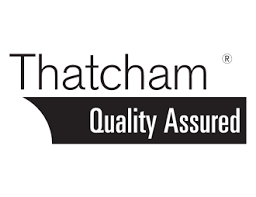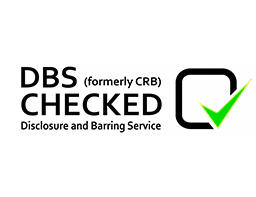1. What is van locks training?
Van locks training is a hands-on course designed to teach locksmiths and security professionals how to professionally install a range of van security locks, including deadlocks, hook locks, and slam locks.
2. Who is the training suitable for?
The course is ideal for beginner and experienced locksmiths, vehicle security specialists, auto electricians, and anyone looking to expand into commercial vehicle security services.
3. Do I need prior locksmith experience to join the course?
Not necessarily. While having basic locksmith or mechanical skills helps, many courses are designed to accommodate complete beginners and will cover fundamentals as well as advanced techniques.
4. What types of locks will I learn to install?
You’ll learn to install deadlocks, hook locks, slam locks, replacement OE locks, shield plates, and in some advanced courses, electronic locking systems.
5. Will I get hands-on experience with real vans?
Yes. Most van locks training providers include live installation practice on actual vehicle doors to help you gain real-world experience and confidence.
6. How long does the training take?
Most van lock fitting courses run for 1 to 2 days, depending on the depth of content and whether they include business setup and sales training.
7. Will I receive a certificate after completing the course?
Yes, successful participants usually receive a certificate of completion, which can help you demonstrate credibility to customers and insurers.
8. Do I need to bring my own tools or materials?
Training providers typically supply all tools and locks for the duration of the course. However, they may offer toolkits for purchase if you want to start working right away.
9. Can I start offering van lock installations immediately after training?
Yes. Most students are ready to take on paying jobs immediately after the course, especially if they already have business infrastructure or a client base.
10. Do you offer ongoing support after the training?
Many reputable training providers offer post-course support via email, WhatsApp groups, trade forums, or even supplier discounts to help you succeed in the field.





